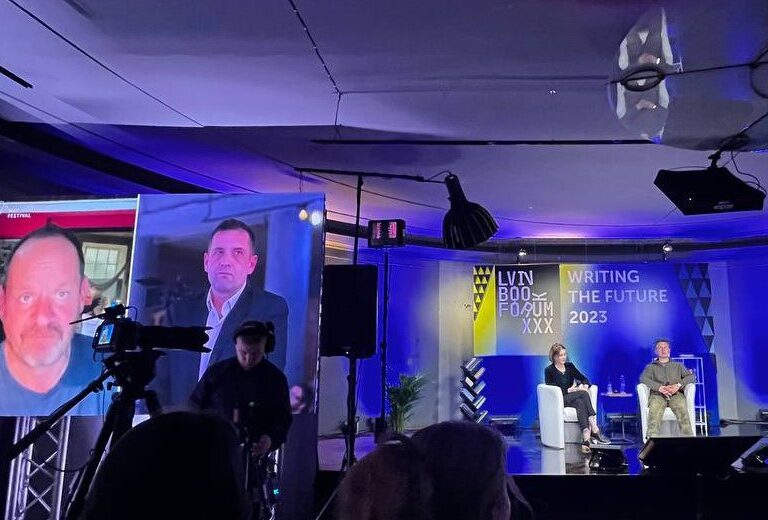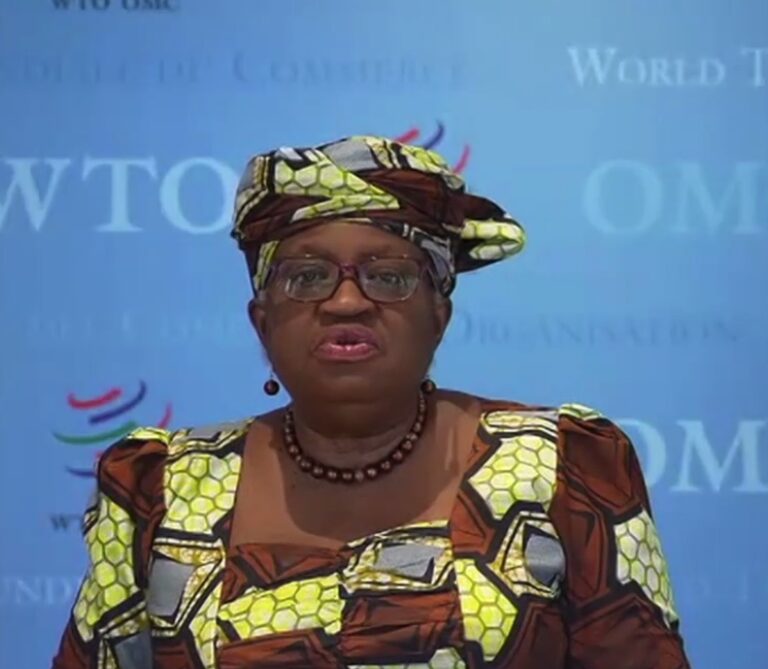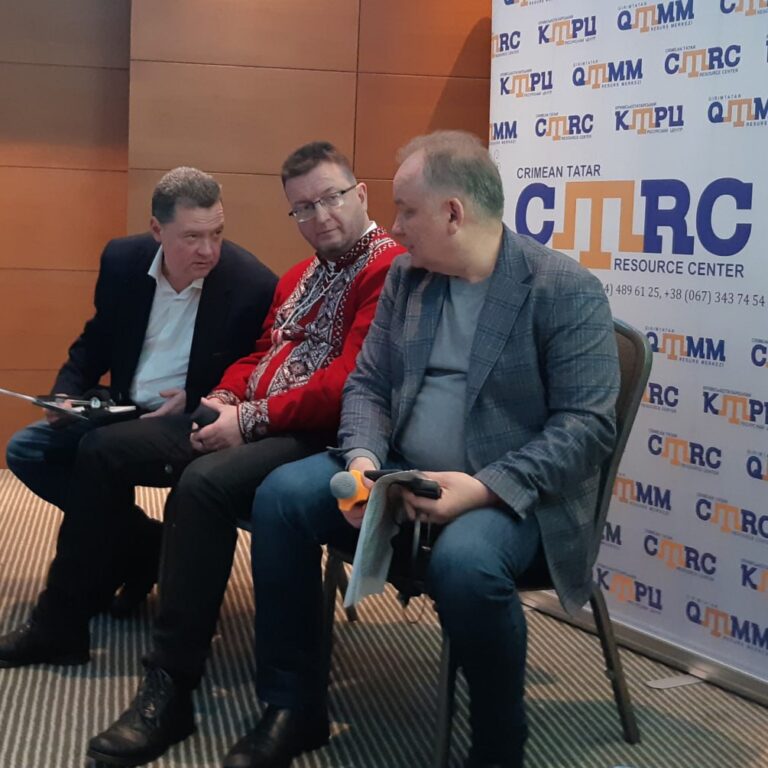In framework of ongoing communication with UN structures our Assocation informed the UN Special Rapporteur on Promotion and Protection of Human Rights in the Context of Climate Change, Professor Ian Fry about challenges for climate changes, caused by Russian aggression.
Relevant communication was devoted to UN Special Rapporteur’s next report on enhancing climate change legislation, including the Paris Agreement issues, support for climate change litigation and advancement of the principle of intergeneration justice, to be presented to the UN General Assembly in October 2023.
Our Association submission, prepared by group of experts, including Professor Borys Babin, and researchers Anna Prykhodko and Tsybulko Olesia, and published on UN web-sources, stated that the negative impact of Russian aggression to climate includes the destruction of ecosystems important for oxygen exchange of the Black and Azov seas due to their pollution by oil products and chemicals from Russia’s naval vessels and their missile ammunition during Russia’s maritime aggression, as well as changes in ecosystems, caused by the mass death of mammals and fish due to noise and explosive pollution under time of aggressors’ naval activity.
Submission stressed that it seems to be that negative climate changes are not the side effect of Russian aggression against Ukraine, but it is one of its major goals. As it is known the administration of Russian president use the narratives that the global warming and ocean level rise are allegedly useful for Russia as such situation, will allegedly allow to develop actively the natural resources of Russia-controlled northern part of Eurasia, so the criminal destruction of Kakhovka dam may be a part of such illegal Kremlin’s plan realization.







